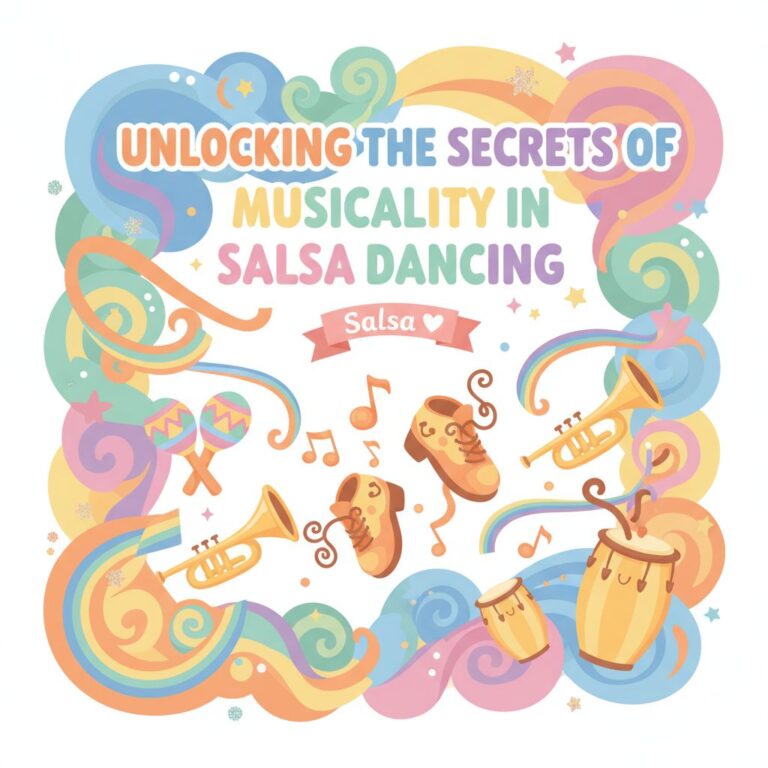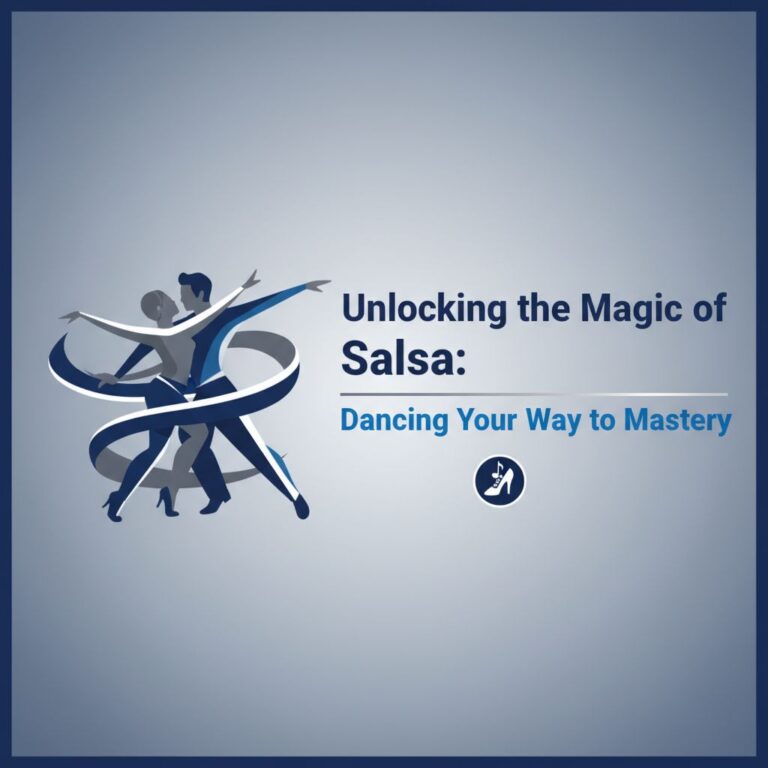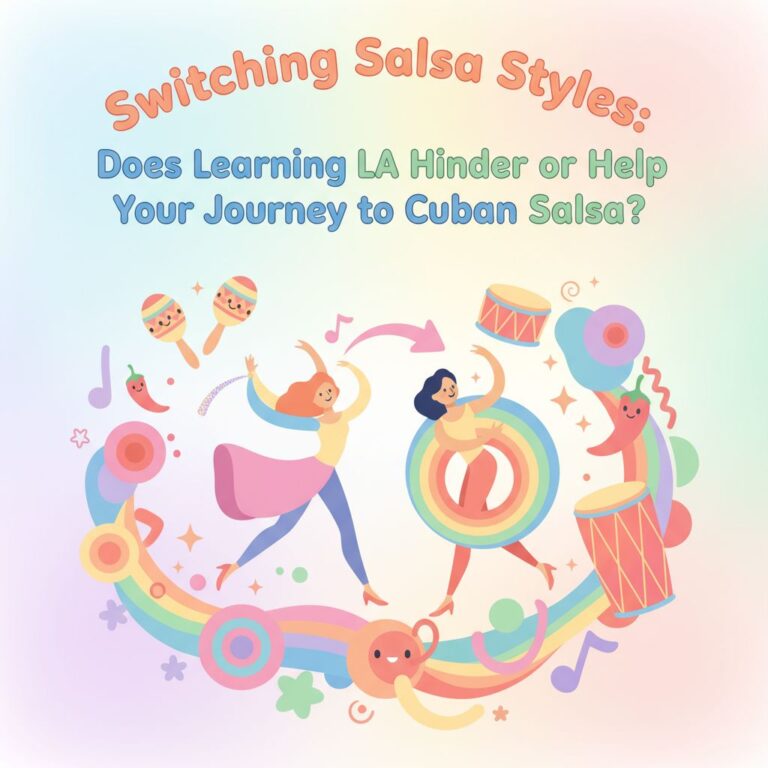Understanding Imposter Syndrome
Imposter Syndrome is a common psychological pattern wherein individuals doubt their abilities and fear being exposed as a fraud, despite evident success or competence. This feeling can infiltrate any aspect of our lives, including our passions and hobbies such as salsa dancing.
Imposter Syndrome in the Salsa Community
Salsa, a dance form embraced globally for its energetic and intimate nature, is not exempt from the clutches of Imposter Syndrome. Dancers often question their skills, regardless of the compliments they receive or the progress they make. They might feel like they are deceiving their dance partners and audience with their performance, fearing that sooner or later, their perceived lack of talent will be exposed.
Facing the Music: The Reality of Imposter Syndrome
Every salsa dancer, from beginners to professionals, may experience this unsettling feeling of not being good enough. It’s important to remember that Salsa, like any other art form, is a personal journey. Each dancer brings a unique style to the floor and the beauty of this dance form lies in this diversity of expression.
Chasing Perfection: A Dancer’s Journey
It’s normal to see flaws in your performance and strive for improvement – it’s a key element of growth in any art form. Yet, one can fall into the trap of ‘chasing perfection’ and end up feeling inadequate, despite evident progress. A salsa dancer’s journey should not be marred by self-doubt but should be a celebration of progress and self-expression.
Imposter Syndrome or a Catalyst for Growth?
Imposter Syndrome, while discomforting, can also be viewed as an indicator of self-awareness and ambition. It’s a sign that you are pushing your boundaries, stepping out of your comfort zone, and striving for better. Use this as a motivational tool to keep learning, growing, and improving.
Embrace the Dance: Overcoming Imposter Syndrome
The first step to overcome this syndrome is to acknowledge its existence. Understand that it’s a feeling, not a fact. Don’t let it discourage you. Instead, let it serve as a catalyst to fuel your journey of self-improvement in salsa.
The Power of Perspective
Recognize the difference between constructive self-criticism and debilitating self-doubt. Feedback is crucial for growth, but it should never make you undermine your worth or abilities. Celebrate what you bring to the dance floor and how far you’ve come in your salsa journey.
Imposter Syndrome: A Shared Experience
Remember, you are not alone in this. Many dancers, even the most seemingly confident ones, may have felt the same way at some point. Use this understanding to build a supportive salsa community that encourages and uplifts each other, making the dance floor a safe space for expression, growth, and most importantly, enjoyment.
At the end of the day, salsa is about the rhythm, the connection, and the joy it brings. It’s about bringing your own flair to the floor. So, dance like no one’s watching, and even if they are, know that you’re not an imposter, but a work in progress, just like every other dancer out there.







